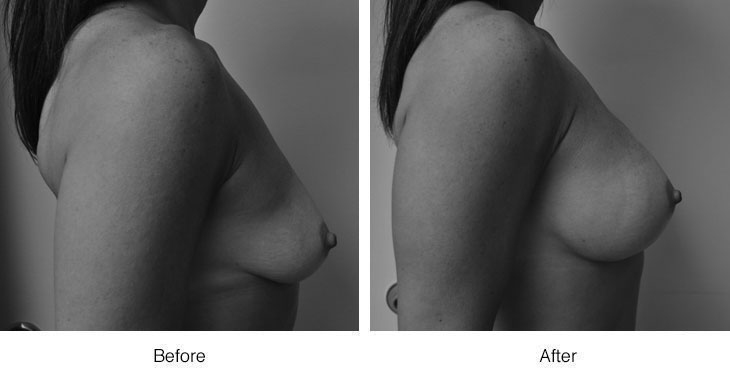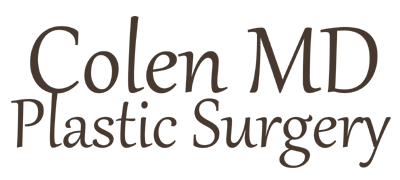I am religious about washing my hands. I don’t do it just after a trip to the restroom, but if I touch anything that might be dirty, being aware of the work I do, I have developed the habit of regular hand hygiene.
I guess I thought this would be true of all plastic surgeons, but apparently not. I just read a survey on the Reuters website that said that, even though plastic surgeons earn their living with their hands, they don’t always keep their hands clean.
This was admittedly a small sample (only 122 plastic surgeons working out of the United States), but still, the results are interesting. Only about half of these surgeons, 53%, said they knew that the best bacteria killing agent is an alcohol-based rub.
They did a bit better when questioned about the best way to manage visibly dirty hands (Soap and water are still the best option there, and something that 75% of the responding plastic surgeons knew).
Surprisingly though, only 42 percent of the plastic surgeons were able to correctly name all situations where they should wash / clean their hands. The same 42 percent said they should do it before and after all contact with patients (Correct) and before and after they use examination gloves (also correct).
If you’re not in a medical field, you might not be aware of just how much hand-washing has come under scrutiny in recent years, with the spreading of dangerous infections in hospitals (Perhaps you remember the MRSA scare of a couple years back). They are by far the most effective way of containing the spread of these kinds of infection.
The Centers for Disease Control has made hand-washing a priority in its guidelines for health professionals, as has the Joint Commission which sponsored this survey.
And it’s not just plastic surgeons who lack hand-washing know-how. Similar studies show that health-care workers’ hand hygiene knowledge in general is poor.
Furthermore, lack of knowledge is only one contributing factor to poor hand hygiene in medical settings. Other problems include a shortage of sinks, heavy workloads, and cleansing products which cause skin irritation.
What all of this means is that education is the first, most basic step in improving the hygiene practices of healthcare workers. However, other steps also need to be taken. Healthcare professionals should be given written guidelines. and should be given both the products and equipment necessary to keep their hands healthy and clean.


